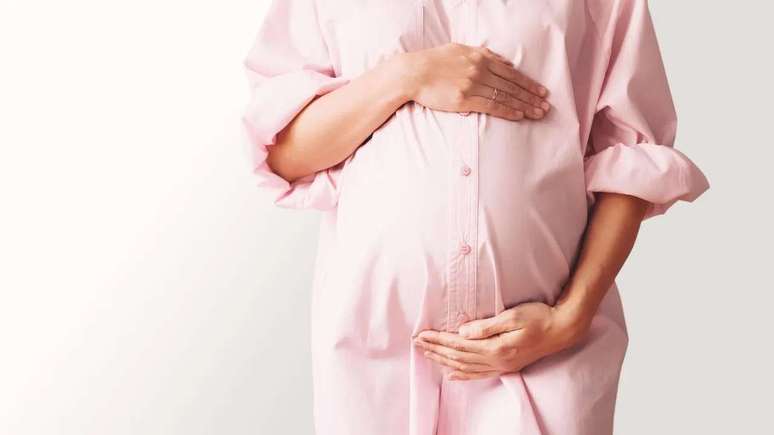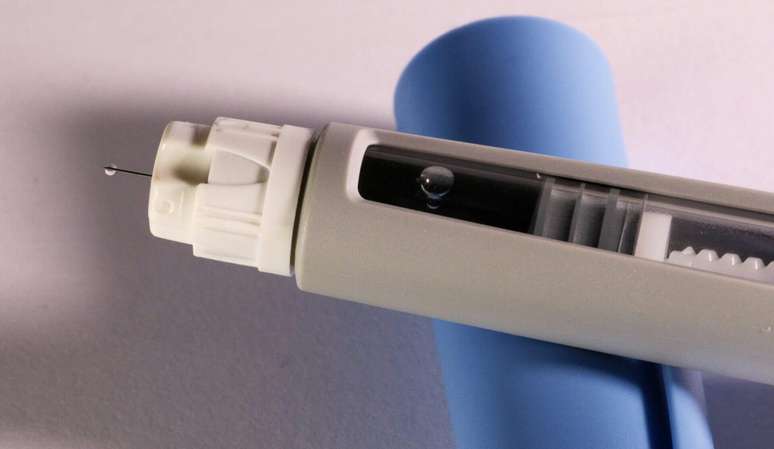The doctor talks about the difficulty of getting pregnant after breast cancer and emphasizes precautions for preserving fertility during treatment
A study carried out by the Brazilian Society of Mastology (SBM) indicates that the incidence of breast cancer is between 4% and 5% in people under 35 years of age. The age group historically accounted for only 2% of observed cases. For these women, the diagnosis is accompanied by fears about the impact treatment might have on fertility.
The concern is justified because, according to experts, cancer treatments may require the use of drugs that damage the ovary, causing a temporary or permanent loss of its function. The good news is that it is possible to preserve fertility in breast cancer patients. Oncology specialists point out that, before starting treatment, women can resort to oocyte cryopreservation, better known as egg freezing.
Relationship between breast cancer and fertility
According to the Brazilian Society of Oncology (SBO), cancer can compromise a woman’s fertility depending on the treatment adopted to cure the disease. Among the methods available to treat tumors are chemotherapy, radiation therapy, hormone therapy, targeted therapy and immunotherapy.
Chemotherapy and radiotherapy are two treatments that can temporarily or permanently impair the functioning of the reproductive organs. This depends on the drugs used and the doses administered. There is also a relationship with the age group of the patient. Women who use chemotherapy as a treatment method after the age of 35 have less chance of future conception.
Radiation therapy can impair fertility due to radiation that can directly damage the ovaries. Therefore, in these cases, there is no relationship with breast cancer. According to the SBO, there is still a lack of studies indicating the effects on the reproductive lives of people who have undergone hormone therapy, targeted therapy or immunotherapy.
Preventive measures ensure fertility
While the risks may be alarming to women who have not yet realized their desire to become mothers, there are ways to preserve the fertility of breast cancer patients. In most cases, oocyte cryopreservation, popularly known as egg freezing, is indicated. According to the specialist in Assisted Human Reproduction, Adriana de Góes, the technique is complementary to in vitro fertilization (IVF).
The professional explains that, in order for the oocytes to be cryopreserved, ovarian stimulation is carried out, induced by hormones, to encourage the growth of the follicles that contain the oocytes. This process can be started at any stage of the menstrual cycle, regardless of the occurrence of menstruation. Therefore treatment can be immediate, lasting 2 weeks and without affecting oncological therapy.
The egg freezing technique in these cases is recognized as a right by the Superior Court of Justice (STJ). The entity has determined that health plans cover the costs associated with this procedure for cancer patients. The recommendation is to freeze the female gametes before starting treatment and, after discharge, resort to gynecology services and assisted reproductive techniques.
The SBO advises patients to wait six to two years before becoming pregnant after completing cancer treatment. The indications are valid for women who intend to try it naturally or undergo some treatment, due to the risk of cancer recurrence. Again according to Adriana, frozen eggs do not have an expiry date, so the woman can use them whenever she wants after the period indicated by the oncologist who follows the case.
Source: Terra
Ben Stock is a lifestyle journalist and author at Gossipify. He writes about topics such as health, wellness, travel, food and home decor. He provides practical advice and inspiration to improve well-being, keeps readers up to date with latest lifestyle news and trends, known for his engaging writing style, in-depth analysis and unique perspectives.







![Such a wonderful sun in advance: Summary of the episode on August 21, 2025 [SPOILERS] Such a wonderful sun in advance: Summary of the episode on August 21, 2025 [SPOILERS]](https://fr.web.img5.acsta.net/img/d3/05/d305bc2e988868b047486aa1f425d806.jpg)
